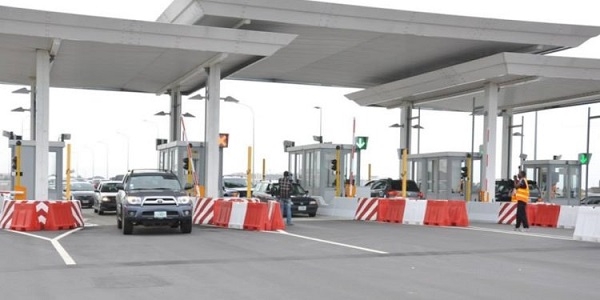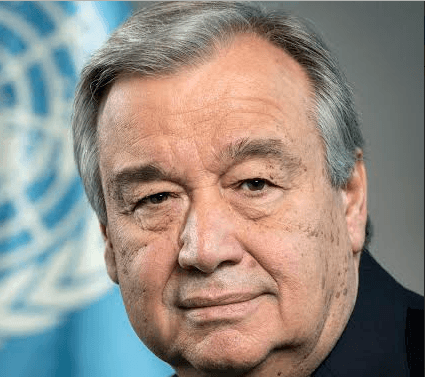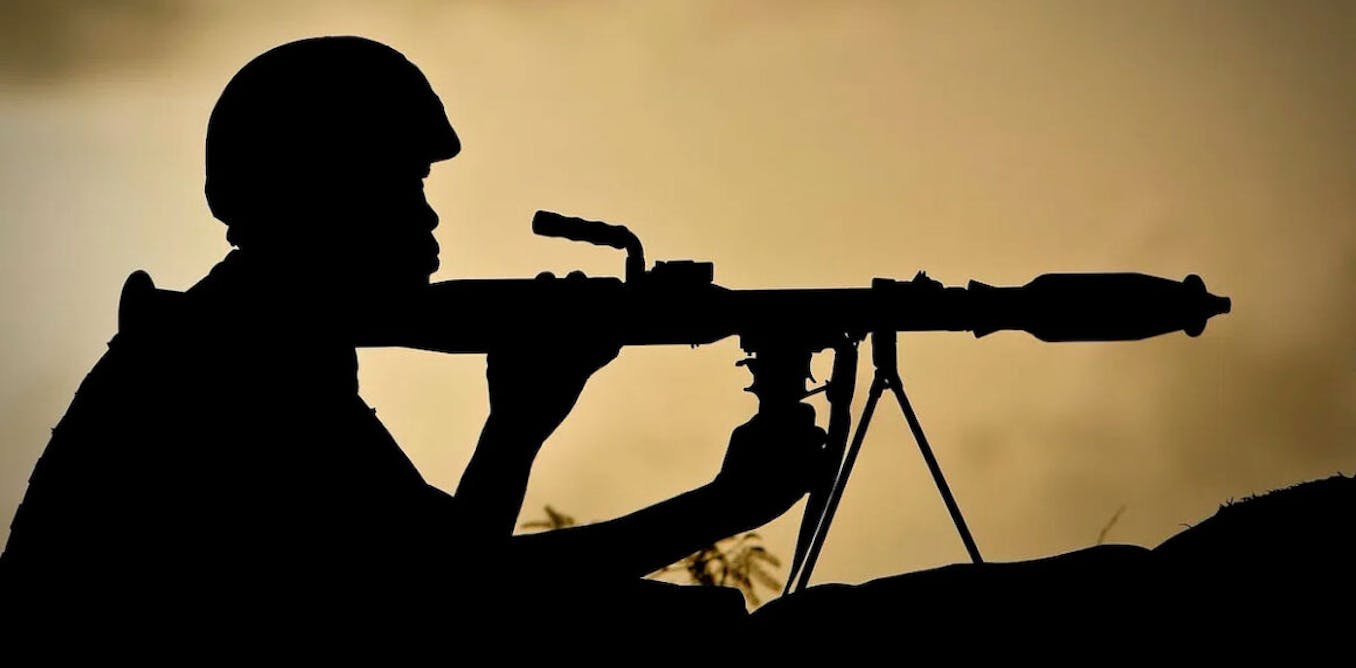West Africa: Funding Terror - How West Africa's Deadly Jihadists Get the Money They Need to Survive - allAfrica.com
The west Africa-Sahel region has seen a proliferation of militant Islamist groups since the 1990s.
One of the most vicious groups operating in the region is Jama'at Nusrat al-Islam wal-Muslimin (Support Group for Islam and Muslims). The militant group emerged in 2017 in Algeria and Mali, and has targeted civilian populations.
The UN listed the group as an al-Qaeda affiliate in 2018. Al-Qaeda is an Islamist organisation founded by Osama bin Laden in the 1980s.
The 2024 global terrorism index listed Jama'at Nusrat al-Islam wal-Muslimin as one of the world's most dangerous terrorist organisations. Its influence has expanded in most parts of the Sahel. The group emerged to strengthen the jihadist insurgency under al-Qaeda. It combines violence with diplomacy to expand its influence and challenge state authorities.
Despite growing pressure from counter militancy campaigns spearheaded by local, regional and international militaries, Jama'at Nusrat al-Islam wal-Muslimin continues to survive and adapt by regrouping and reorganising. This was demonstrated in its latest operation in Burkina Faso in 2024. The group exerted significant control by closing schools, setting up taxation checkpoints and abducting locals.
Its engagement in illicit economies has been key to the group's successful expansion. This revenue is used to carry out devastating attacks.
We research jihadi-based insurgencies, and have found that this is a common tactic among terrorist groups in the west Africa-Sahel axis, including Boko Haram militants.
From our research, we find that Jama'at Nusrat al-Islam wal-Muslimin funds its activities by relying on
Dismantling the group's illicit economies and blocking its financial flows are key to countering its activities.
The group needs money for fighting, and to sustain political and social influence in its areas of operation.
Artisanal gold mining has proven to be a major factor in its expansion and resilience. In areas where the group exerts influence, illicit gold mining generates over US$30 billion annually. According to a report by Swissaid, a development group based in Switzerland, the main destinations for this gold are the United Arab Emirates, Turkey and Switzerland.
The jihadists gain access to gold by controlling mining sites and transport routes to and from mines. They sometimes allow trusted allies, who include local armed groups, bandits and other criminal networks, to mine in exchange for a payout. The extent of gold mining funds is not exactly known, but the artisanal sites in areas controlled by the group have the capacity to produce 725 kilograms of gold per year, valued at US$34 million.
Another source of income - and political influence - is kidnapping for ransom. Kidnap victims include cattle owners, businessmen, state officials and foreigners. The group received a £30 million ransom in 2020 to release one French and two Italian hostages. Between 2017 and 2023, the group and its affiliated units were responsible for 845 out of approximately 1,100 recorded kidnappings in Mali, Burkina Faso and Niger. Burkina Faso and Mali remain the epicentre of the group's violent activities. In the first quarter of 2023, over 180 cases of kidnapping were recorded in these countries' war-torn areas.
Livestock theft has also been a critical source of funds. The practice of livestock theft as economic warfare and a means to generate funds has led to livestock being forcibly taken from herders who fail to pay zakat (a religious fee among Muslims) or subscribe to the group's ideology. The stolen livestock are sold in Mali, Mauritania or Senegal. The ability to monetise stolen livestock makes their theft a cornerstone of the Sahelian war economy and a source of cash for weapons and vehicles.
Money laundering is another illicit economy central to the militant group's financing. It lends money to merchants, invests with banks and funds small shops with the aim of getting profits. This helps ensure a constant flow of money and provisions to support the group's terrorist acts. It has attached much importance to this illicit economy, to the extent of assassinating those who interfere with its investments.
To cut down Jama'at Nusrat al-Islam wal-Muslimin's financial base - and thereby weaken its capacity for militancy - counterinsurgency efforts need to take the following actions.

Sign up for free AllAfrica Newsletters
Get the latest in African news delivered straight to your inbox
Since finance is the basis of the militant group's strength, regional security co-operation should be strengthened. This would help with systematically tracking illicit flows and stopping them.
Egodi Uchendu, Professor (of History and International Studies), University of Nigeria
Muhammed Sani Dangusau, Lecturer 1, Federal University Lokoja









